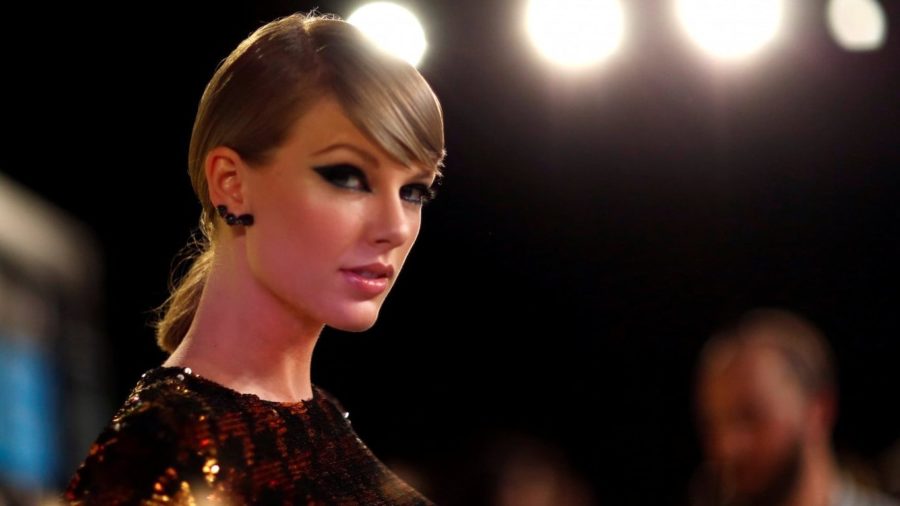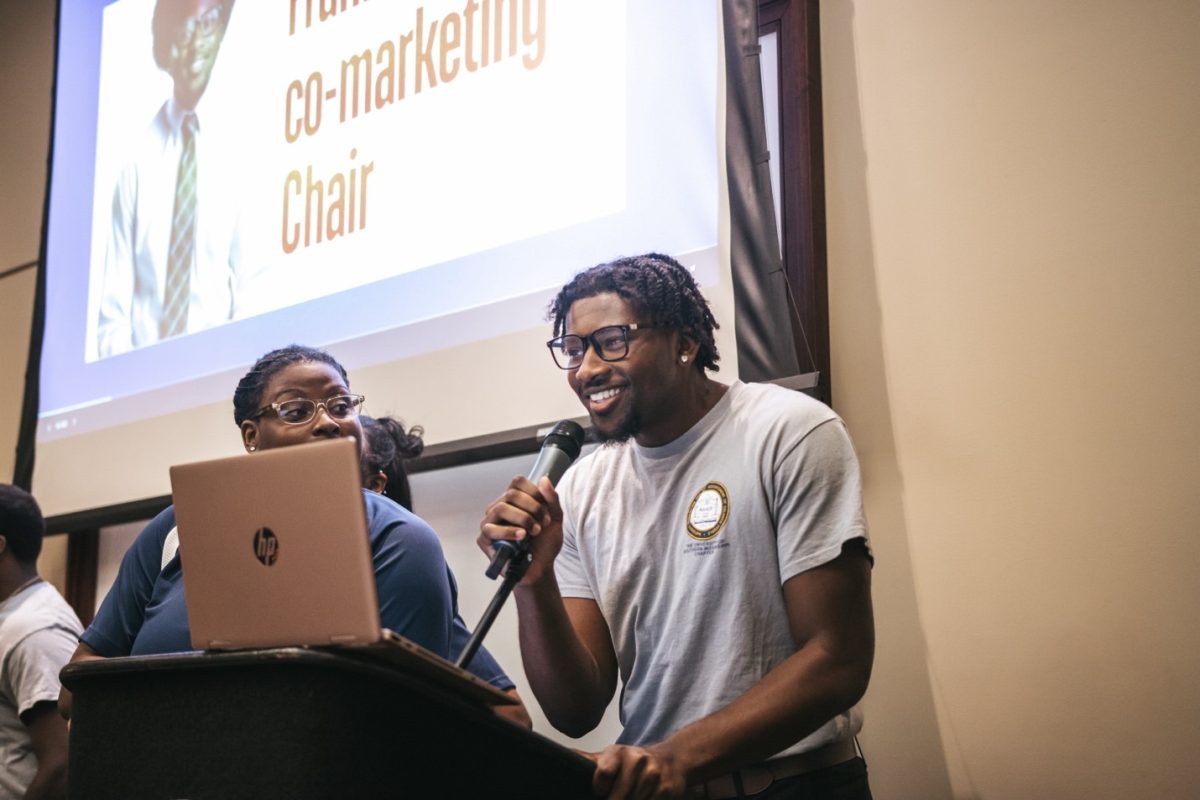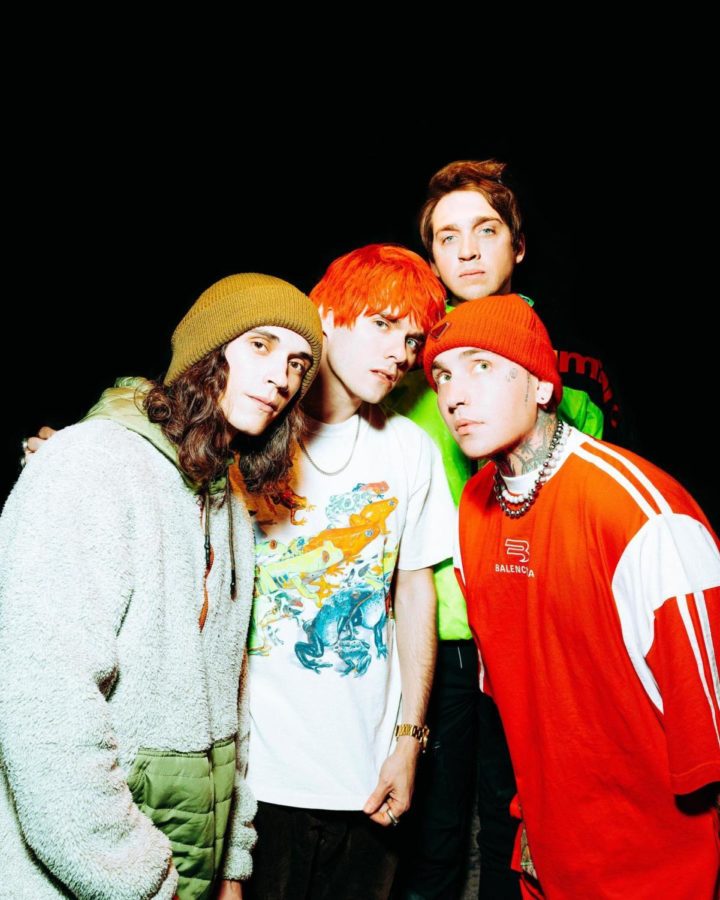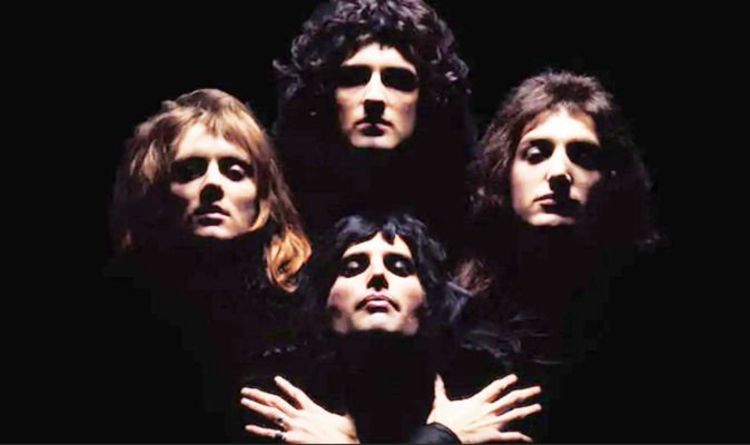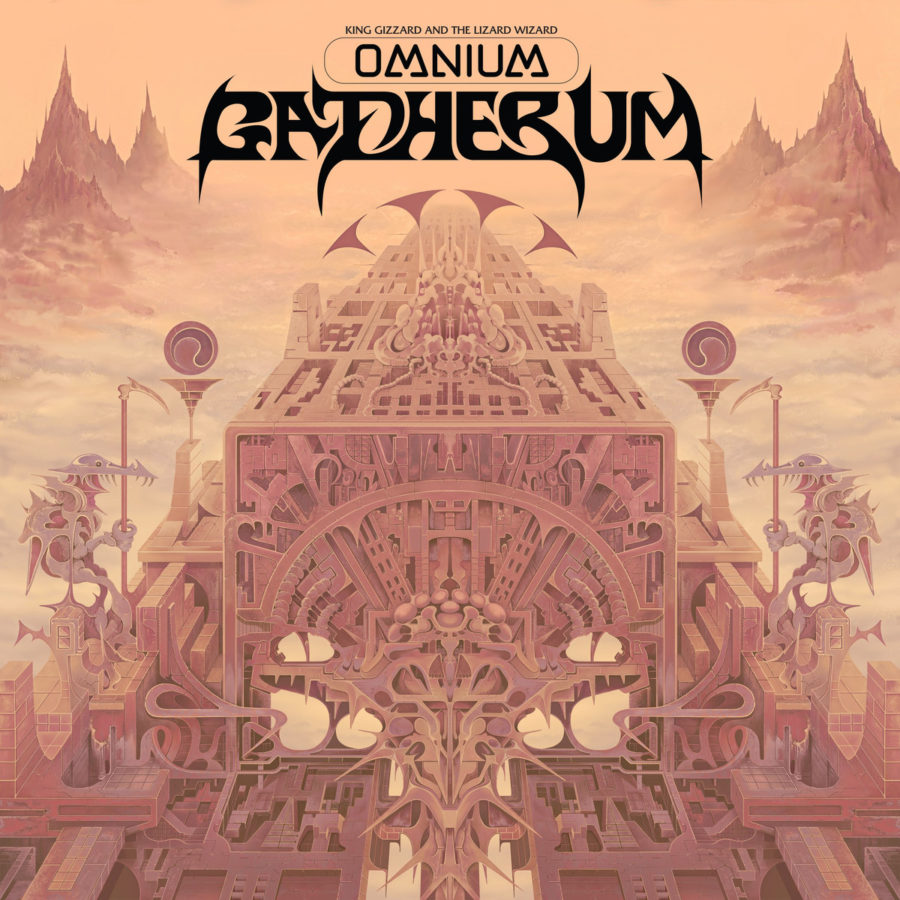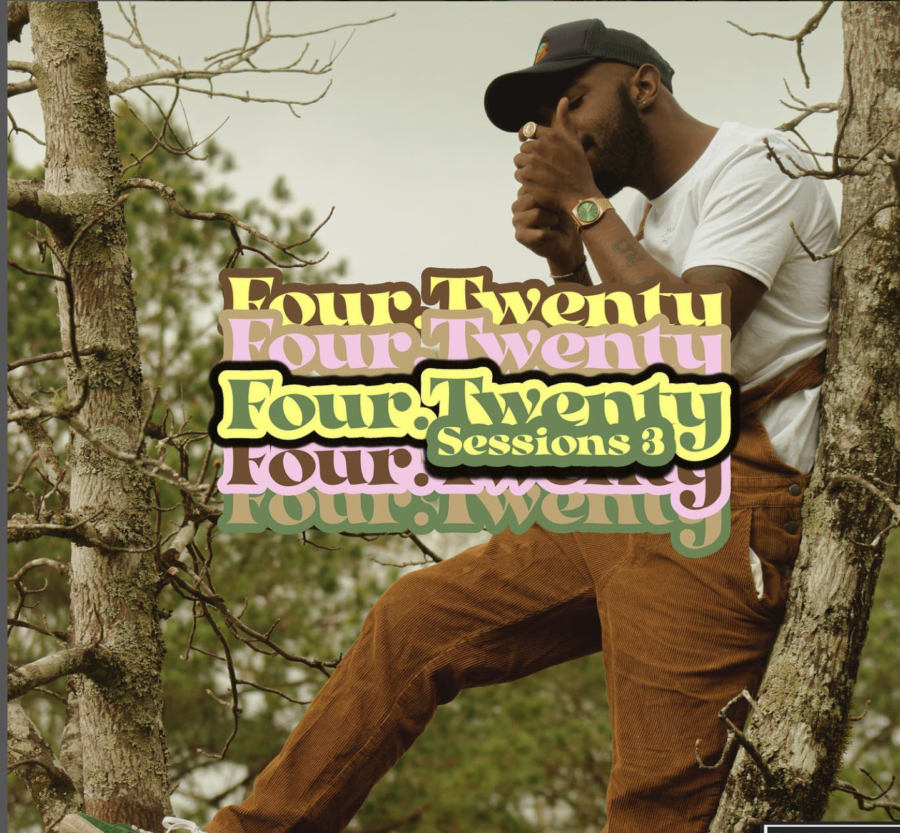During the 2017 MTV Video Music Awards, pop star Taylor Swift reemerged into the limelight with the release of her music video for “Look What You Made Me Do.” By declaring the “old Taylor” dead, Swift proved that she is embracing the snake narrative.
Before the release of Look What You Made Me Do as a single on August 24, Swift had created anticipation for her new album Reputation by deleting all of her Instagram photos and tweets, eventually replacing them with (what we now know was promotion for LWYMMD) ambiguous snake videos. Swift was attempting to reclaim her Kim Kardashian West-given “snake” title.
West exposed Swift after the airing of the July 17, 2016, episode of Keeping Up with the Kardashians on her Snapchat, accusing Swift of lying about her ignorance of the use of her name in the Kanye West song “Famous” by posting videos of Swift giving West permission over the phone to use the line “I feel like me and Taylor might still have sex.”
Later in the video, Swift says, “You gotta tell the story like the way it happened to you and the way you experienced it. You honestly didn’t know who I was before that.” Everyone knows what happened next. Swift claimed that she didn’t know West would say, “I made that b*tch famous,” took offense, and later wished to be “excluded from this narrative, one [she has] never asked to be a part of.”
And she did just that. Swift disappeared from the public eye for one year by successfully hiding from paparazzi, travelling in secret to Britain to visit her boyfriend Joe Alwyn, and clearly plotting her comeback while parties celebrating her downfall commenced.
I don’t think I realized how much I missed Swift until her music returned to Spotify in June. Suddenly, I found myself listening to old bops like “Fifteen” and “I Knew You Were Trouble,” reminiscing about the nonexistent love life of my middle school years. But my throwback celebration got old fast as I realized that Swift had evolved since Fearless, Speak Now, Red, and even 1989, which was only released three years ago. Just like how I and the rest of Swift’s fans had grown up over the years, finally knowing our worth and resigning crying over failed relationships (or at least, less often than before,) Swift grew up alongside us. The only difference being that she did so publicly, perhaps before she was ready.
The seemingly innocent, curly- haired girl from Nashville, Tenn., is no more, and her death was slow. Her good-girl image began to deteriorate with West interrupting her Best Female Video acceptance speech in 2009. We sympathized with her because yes, West was wrong. Next, the tabloids began shaming her for her dating habits. We sympathized with her because yes, men who use their romantic relationships as song inspiration can usually do so without any backlash. Eventually, her problems evolved with the times as she received criticism for not being socially aware.
Examples include but are not limited to: promoting a Eurocentric, imperialistic view of Africa in her “Wildest Dreams” music video, using twerking black girls as props in the “Shake it Off” video, downplaying her white and skinny privilege in the music industry when Nicki Minaj voiced concerns about “Anaconda” not being nominated for Video of the Year at the VMAs and wrongfully inserted herself into the conversation (in turn, making Minaj look like the “angry black woman,”) her not walking in the Women’s March though her brand celebrates feminism, using her “Bad Blood” with Katy Perry for album sales with her exclusive squad, her refusal to use her platform to denounce Donald Trump, and finally her insistence on continuing to play the victim with West.
For all of these reasons, it is hard for me to publicly support Swift, for she embodies white feminism. Somehow, I am still able to listen to her new songs (“LWYMD” and “…Ready For It”) and refer to those songs as bops. Although her transition from good girl to self-aware villain has been called “awkward” and “Disney Channel pop star trying to be edgy” by some, her new image and the songs that follow are effortlessly growing on me. Maybe it’s because Swift represents a part of my childhood. Maybe it’s because I love when women (famous or hot mess Becky from English class) reinvent themselves. Or maybe it’s because Swift is my problematic fave.
While her new songs may be petty, they definitely are catchy, and I probably will buy Reputation on November 10.

























